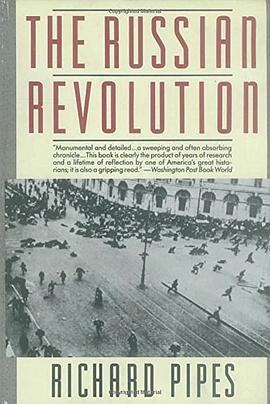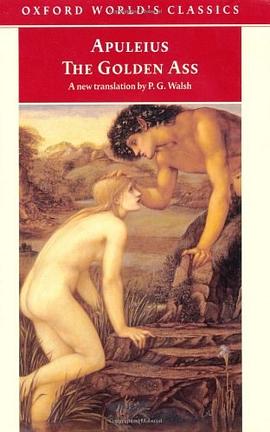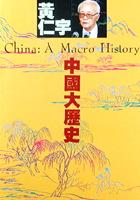The Russian Revolution
内容简介
With erudition lightly worn, Harvard historian Pipes, in this massive, wonderfully vivid, gripping chronicle, stresses the role of liberals both in the Russian revolution of 1905, for which the Communists later claimed credit, and in the upheavals of 1917. He attributes the failure of the February 1917 revolution to Alexander Kerensky's rash actions, his doctrinaire vision of democracy and his dissolution of the police and the provincial bureaucracy, which plunged the nation into anarchy. He argues persuasively that the Bolsheviks' October 1917 putsch was not a true revolution, but a classic coup d'etat. His portrayal of the backward Russian peasantry, scarcely touched by westernization, and of the intelligentsia, "self-appointed spokesman" for over nine-tenths of the populace, lays the groundwork for his discerning analysis of how Lenin built a one-party dictatorship. No other book so brilliantly clarifies the inner dynamics of the Russian Revolution.
-----------------------------
The author, a distinguished Harvard historian, seeks to present a comprehensive view of the Russian Revolution, tracing its roots in the half century before 1917, a period he has already examined in Russia Under the Old Regime ( LJ 3/15/75). His new book, which will also be published in the Soviet Union, should provoke lively debate in the age of glasnost, for it is an unsparing indictment of Bolshevism. Wide ranging in its coverage, based on a profound knowledge of the Russian past and of relevant Western and Soviet scholarship, the work analyzes the direction of Russian development to the Revolution (without whitewashing prerevolutionary figures such as Nicholas II), then goes on to examine the origins and entrenchment of Bolshevism, which Pipes sees as a savagely amoral force. If Soviet power in its first years brought any benefits at all, they are, in this evaluation, insignificant compared to the ghastly price paid for them by the Russian people. This is an important book.
......(更多)
作者简介
Richard Edgar Pipes (born July 11, 1923) is an American academic who specializes in Russian history, particularly with respect to the history of the Soviet Union. During the Cold War era he headed Team B, a team of analysts organized by the Central Intelligence Agency which analyzed the strategic capacities and goals of the Soviet military and political leadership.
Pipes has written many books on Russian history, including Russia under the Old Regime (1974), The Russian Revolution (1990) and Russia Under the Bolshevik Regime (1994), and has been a frequent and prominent interviewee in the press on the matters of Soviet history and foreign affairs. His writings also appear in Commentary, The New York Times and The Times Literary Supplement".
......(更多)
目录
Cover
Other Books by This Author
Title Page
Copyright
Dedication
Illustrations
Acknowledgments
Abbreviations
Introduction
PART ONEThe Agony of the Old Regime
11905: The Foreshock
2Official Russia
3Rural Russia
4The Intelligentsia
5The Constitutional Experiment
6Russia at War
7Toward the Catastrophe
8The February Revolution
PART TWOThe Bolsheviks Conquer Russia
9Lenin and the Origins of Bolshevism
10The Bolshevik Bid for Power
11The October Coup
12Building the One-Party State
13Brest-Litovsk
14The Revolution Internationalized
15“War Communism”
16War on the Village
17Murder of the Imperial Family
18The Red Terror
Afterword
Glossary
Chronology
Notes
One Hundred Works on the Russian Revolution
About the Author
......(更多)
读书文摘
......(更多)






